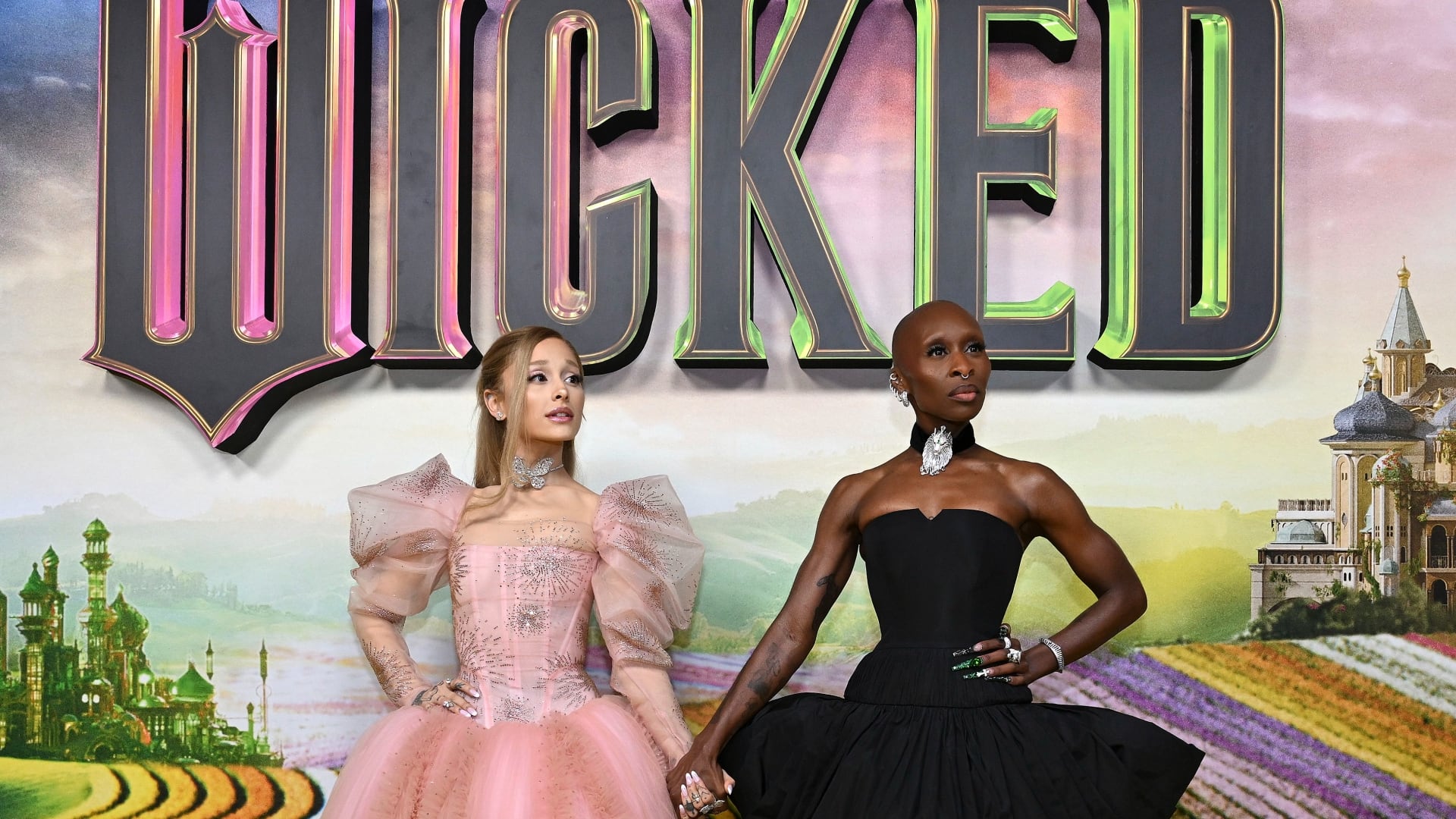UN Women Executive Director Phumzile Mlambo-Ngcuka is launching a new global program called "Generation Equality: Realizing women's rights for an equal future," a partnership between UN Women, the World Economic Forum, the private sector, and Gates Foundation.
The program identifies six themes: ending violence against women, economic justice, sexual and reproductive rights, women and climate change, women and leadership, and technology and innovation.
Mlambo-Ngcuka explains that the themes will be the focus of private businesses with the aid of government and society at large, over the course of five years. The program will create clear plans that will help bring change within those sectors.
"This is almost like a consolidation of all of our programs, but focusing on the areas that are most stubborn," Mlambo-Ngcuka told Cheddar.
Violence against women, particularly in the home, is the biggest global theme affecting women, Mlambo-Ngcuka added. "The home is actually the area where women have no protection. Of course, domestic violence is a crime, but it is a crime highly underreported."
The program is being co-hosted by the governments of Mexico and France and will use technology to have interactive sessions all over the world. "We are taking Generation Equality to Mexico where we will gather about 2,000 women, in particular, young people, because we are making this a call to all generations," Mlambo-Ngcuka said.
The Generation Equality program will kick off in Mexico City and will close forum discussions in Paris in July where they will announce the leaders of the coalition and the amount of money that has been pledged by the private sectors. Mlambo-Ngcuka emphasized the importance of partnering with and the private sector for both funding and help in implementations. "We are not taking any theme forward unless there has been a budget put forward," Mlambo-Ngcuka said.
Still, not all of the countries in the United Nations are active in programs that focus on gender equality. "We try to engage to the extent that we can to bring them closer, but thankfully the citizens of countries do their own thing and make their own choices," Mlambo-Ngcuka said.
Mlambo-Ngcuka defined Generation Equality as a call to all generations because there is a wide range of age demographics within all workplaces. "If you want to bring about change, all of these generations have to work together," the executive director said.












